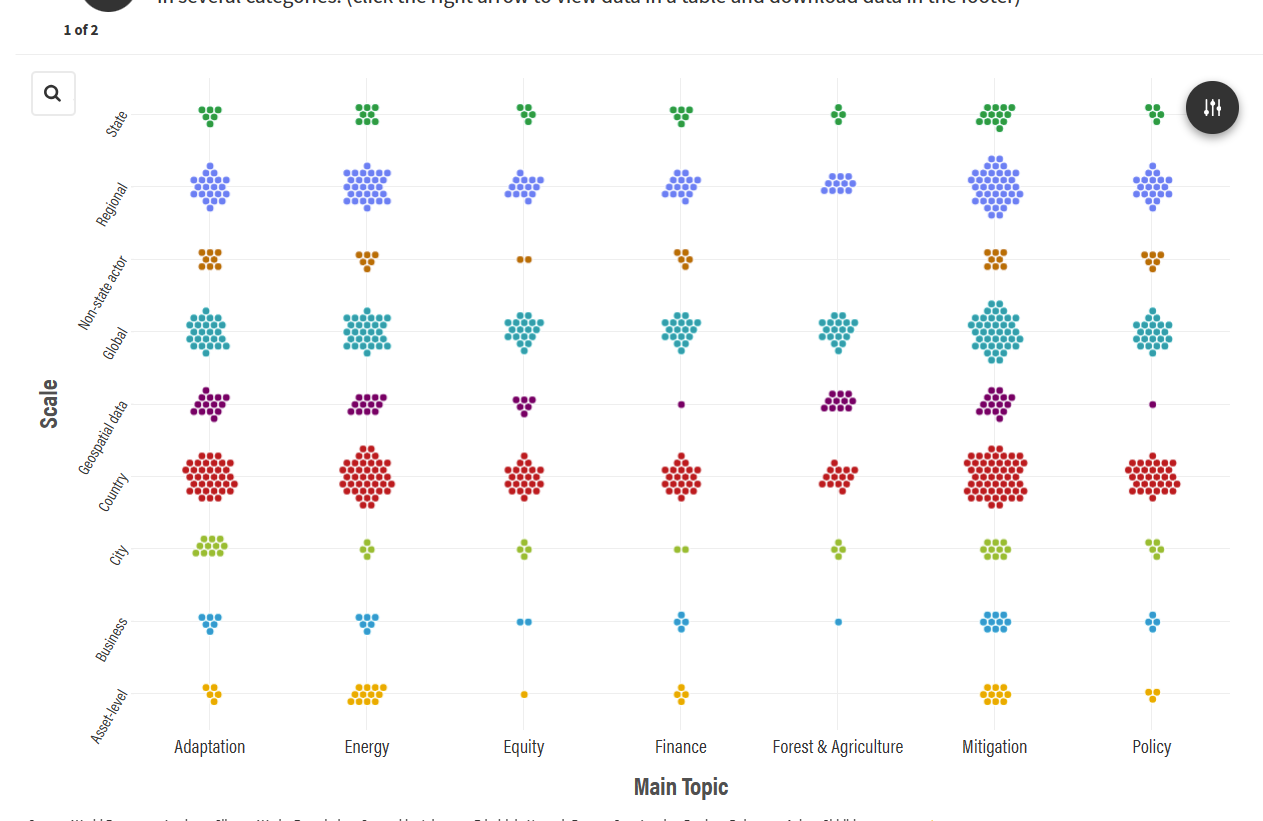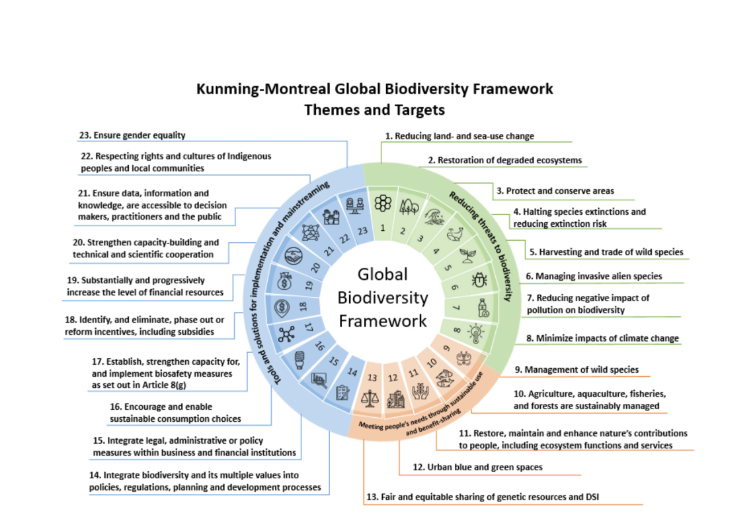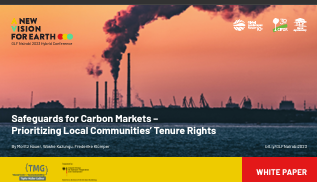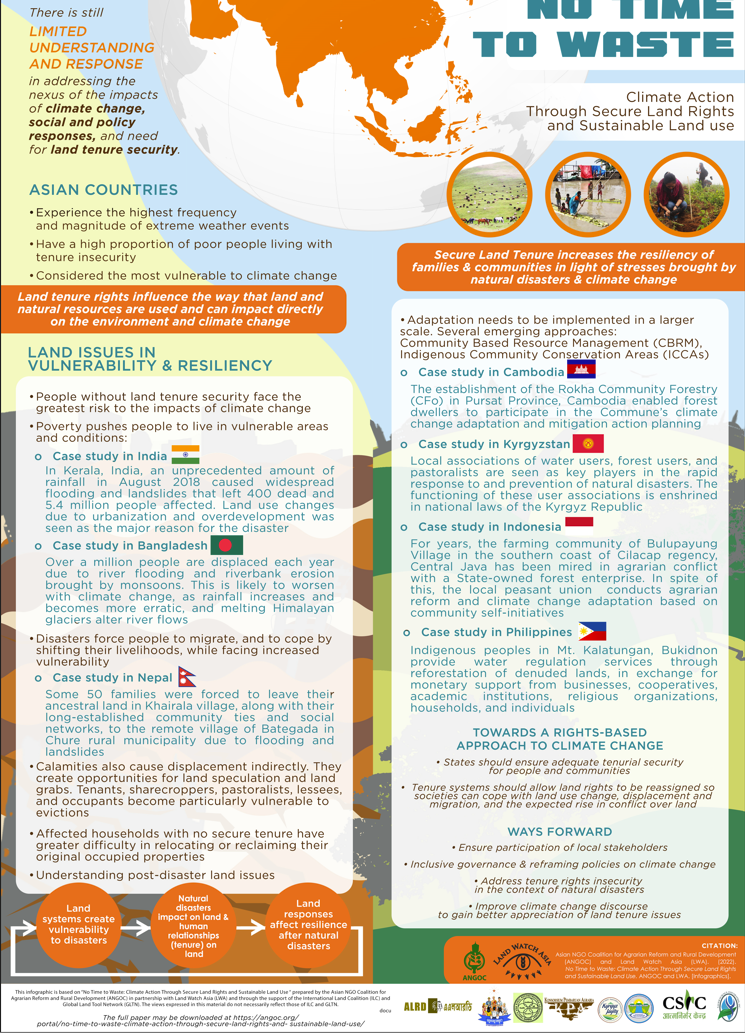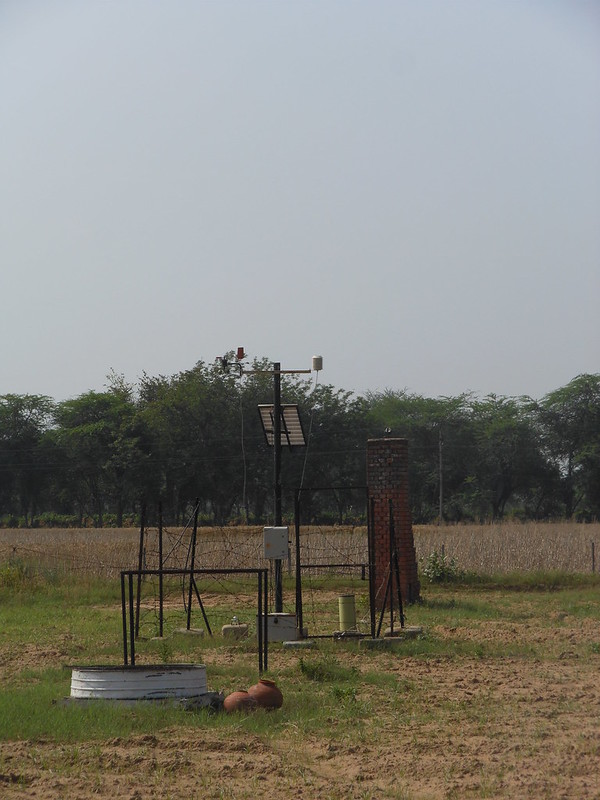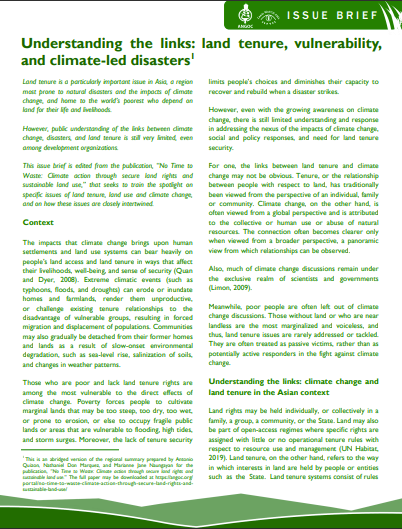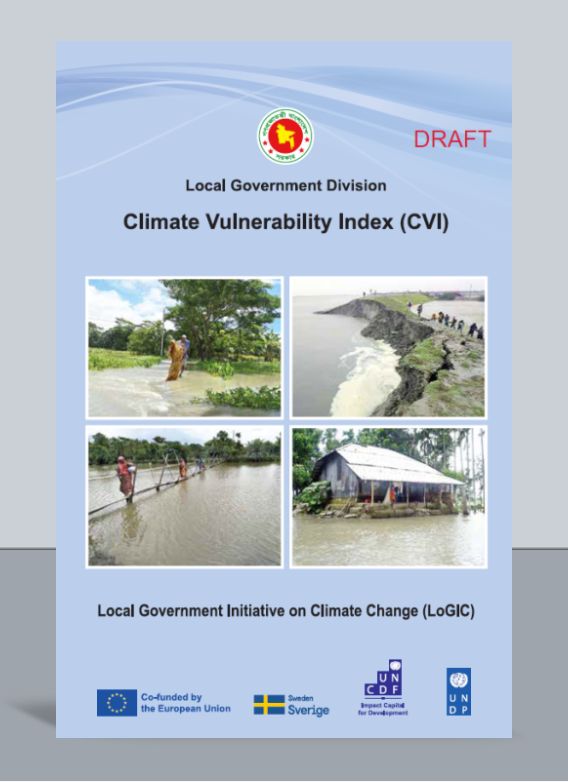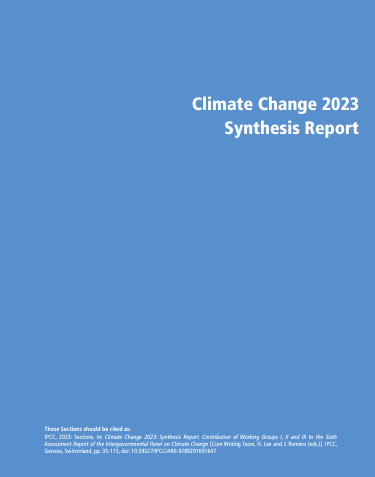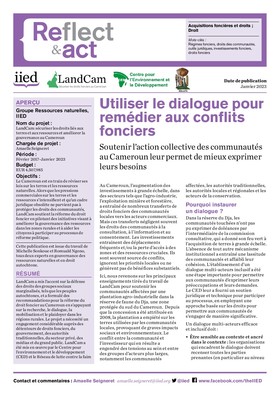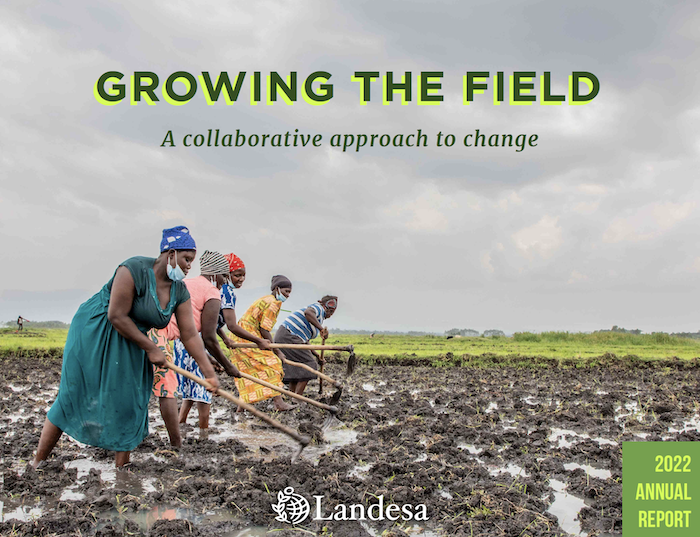Les conditions d’intégration d’un accompagnement aux communs dans les politiques publiques : le cas du contexte agrosylvopastoral du Sahel (vallée du fleuve Sénégal)
Les perturbations climatiques, l’évolution démographique et les sécheresses des dernières décennies, ont contribué à une rupture d’équilibre entre les systèmes de production pastorale et agricole, au détriment des pasteurs. À côté de ce contexte écosystémique, d’autres facteurs viennent aggraver la situation pastorale dans le Sahel, en particulier le rétrécissement de l’espace pastoral, grignoté par l’expansion des terres agricoles.


